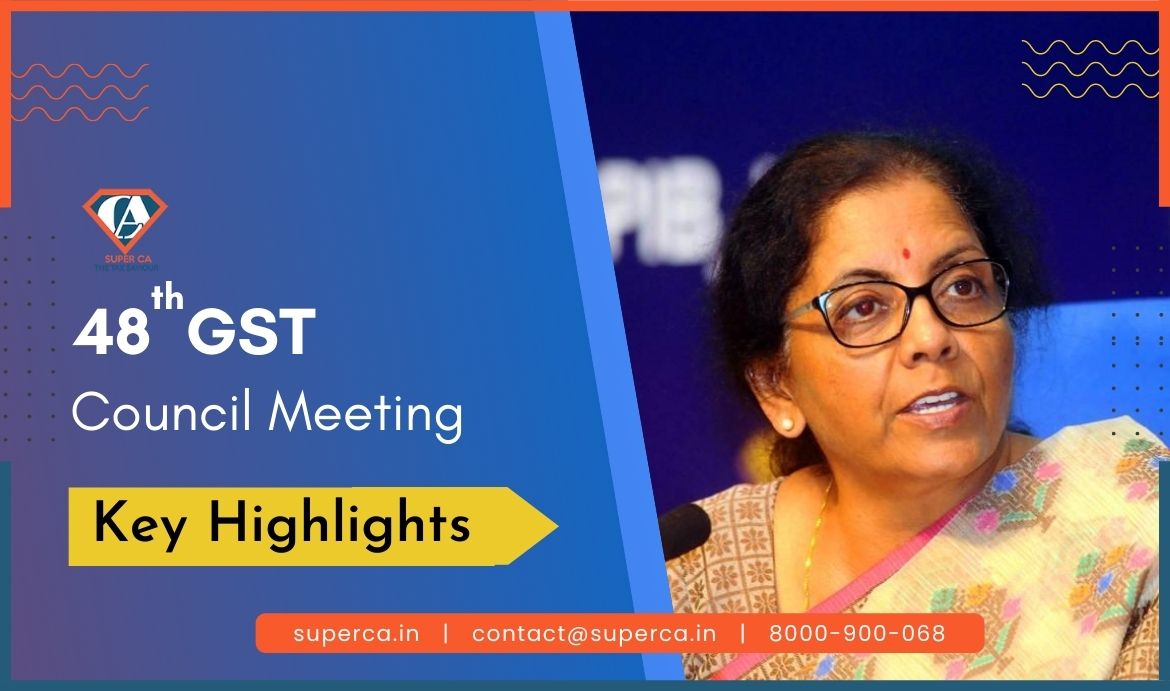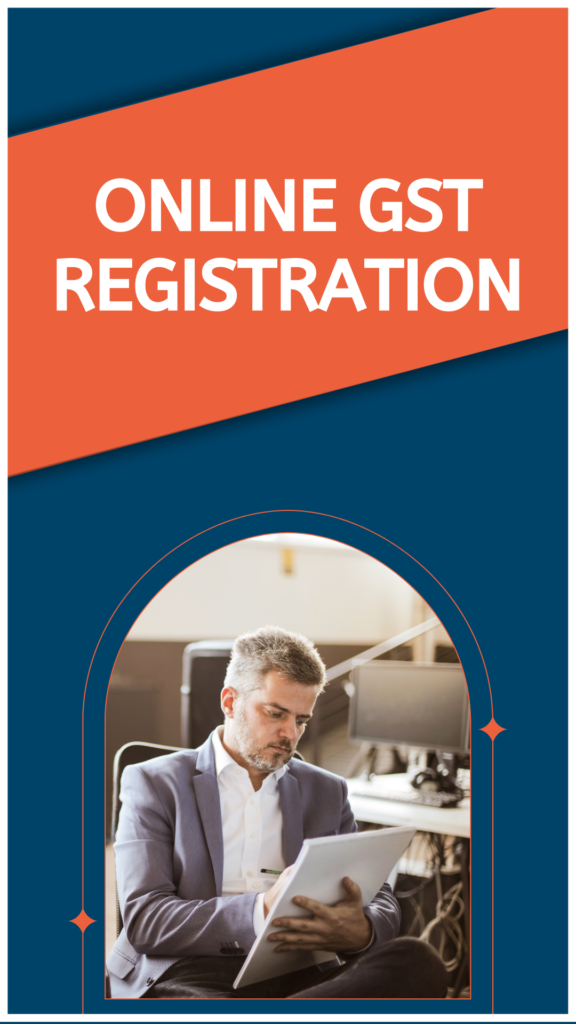
About
The 48th GST Council meeting was held on 17th December 2022 after a gap of six months. The meeting took place in New Delhi on 17th December, Saturday afternoon through video conferencing this time. It was chaired by Finance Minister Nirmala Sitharaman comprising her state counterparts. The last 47th GST Council Meeting was held almost 6 months before on 28th and 29th June 2022 at Chandigarh. The 48th GST Council meeting was earlier expected to be held in Madurai, Tamil Nadu during the first week of August 2022 but was delayed later on.
Every GST Council meeting is crucial for the future of GST as it brings key amendments in the policies of GST. The 48th meet also has discussed some important key topics and relevant matters. The importance of this meeting increases by the fact that this is the last meeting before the Union Budget 2023. In this article, we’ll talk about all the recommendations and decisions taken at the meet.
Recommendation & Decisions
– Threshold limits of tax amount for launching prosecution for any offenses have been increased from 1 Cr to 2 Cr except in case of fake invoices.
– Changing the compounding rate range from the current 50 to 150 % of the tax amount to 25 to 100 %.
– Nil Rate on the Husk of pulses
– Ethyl, alcohol, and bio-fuel taxes have been decreased to 5%.
– Applicability of Cess on SUVs.
– Inserted clarification on the equipment and material used for petroleum companies etc.
– E-commerce micro-enterprises are allowed to supply the products of unregistered vendors, dealers and composition taxpayers.
– Decriminalizing certain offenses like obstruction/stopping of services by officers, failure to supply information, deliberate tampering with material evidence etc.
– The GST on online gaming and casinos was not covered in the GoM report in the meeting.
– Finance Minister Notifies that GoM Reports on Pan Masala, Gutka and GSTAT is to be discussed in next meeting
About GST
As of 2022, the Goods and Services Tax (GST) is five years old and people celebrate it by flagging the ease it brought to businesses and the relief on tax burden to consumers.
The implementation of GST in India was a historic move, as it marked a significant indirect tax reform. The amalgamation of a large number of taxes which was levied at a central and state level into a single tax had expected to have big advantages. Four years ago, on this day, GST had replaced 17 local levies like excise duty, service tax, VAT and 13 cesses. Currently, as per the rules, every business/entity that is involved in the buying and selling of goods/services have to register for GST. It is mandatory to get registered under GST if the turnover exceeds the threshold limit of Rs 40 lakhs for trading and manufacturing or 20 lakhs for service industry (Rs 10 lakhs for special category states)
One of the most important benefits of GST are the lessening of double taxation ITC claiming facility, Reduction in number of filing, unified indirect tax framework. GST is now paving the way for a common national market and Indian goods are also expected to be more competitive in international and domestic markets.
Conclusion
The above decisions shall come in effect through the relevant circulars/ notifications/ law amendments in recent time. There has been no tax increase decision or recommendation made during the meeting. Various friendly recommendations were made in this meeting and we hope that it will further bring some positive outcomes for the business and taxpayers. However, several important matters were left out of discussion which were highly expected like setting up of Goods and Service Tax Appellate Tribunal (GSTAT), Online Gaming, Casinos and Horse Racing, GST on premiums for health insurance, elimination of IGST on the ocean freight etc.
Suggested Read:
48th GST Council Meeting: Latest updates and what to Expect
Trending Stories:





